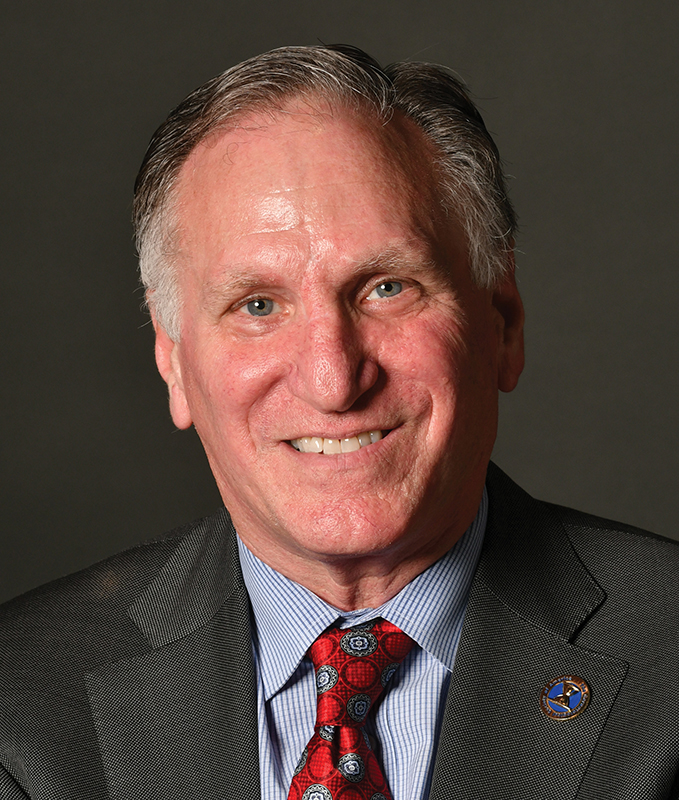Lottery fraud, an older Vet, a suitcase full of meth — and a Wayne State University professor's help

A jury found an 80-year-old Vietnam veteran not guilty last month of trying to smuggle drugs through Dallas Fort Worth Airport. Expert testimony from Peter Lichtenberg, Ph.D., a Wayne State University professor of gerontology, helped to prove his innocence.
Gerald Marsh (not his real name) had often been told he’d won international lotteries, and he’d lost lots of money chasing the scams. Earlier this year, he was talked into flying to Mexico City to fill out paperwork before traveling to Japan to collect his $10.5 million in winnings. He was given a suitcase filled with gifts to share with the Japanese people. The bag was also filled with seven pounds of methamphetamine in a false bottom. Authorities found the drugs when he tried to bring the suitcase back through DFW airport.
Marsh may have been a clear victim of a lottery scam, but it didn’t stop federal prosecutors from charging him with drug trafficking. He had been a decorated Air Force flight engineer with no previous criminal record, yet a guilty verdict meant a possible six-and-a-half-year prison term.
Lichtenberg, director of the Institute of Gerontology at WSU and a national expert in financial decision-making and vulnerability in older adults, was flown in to conduct an assessment.
“I assessed him at length and in person for more than two hours,” Lichtenberg said. Marsh displayed high levels of psychological vulnerability, deficits in financial decision-making, and indications of depression. “He had lost a lot of money chasing previous scams and was under financial strain. He also didn’t understand the impact of his financial decisions. This is a man who was highly vulnerable to being manipulated,” he said.
Lichtenberg used tools he has created over the past decade to determine financial vulnerability, particularly in older adults. This was not a case of Alzheimer’s or another dementia impeding Marsh’s ability to reason. He wanted – needed – to believe that the lottery win was real and that his financial status was about to skyrocket.
"Every day, he’d get emails and texts that are all spam,” his son said. “Unfortunately, for our elderly folks, it's very hard to tell the difference between what's real and not real.”
For years, Immigration and Customs Enforcement has been aware of older Americans, some as old as 97, getting caught in the middle of a federal program to disrupt international drug trafficking rings. Federal authorities flag one-way tickets to trafficking hotspots, alerting gate agents to search and arrest the unsuspecting traffickers.
"I don't think these folks are guilty, and they don't deserve to be in jail right now," his son said. He was certain his father did not know he was transporting drugs. "If he had any inkling there was drugs, he would've never done it."
The Financial Vulnerability Survey (FVS) Lichtenberg used as a cornerstone of the assessment is easy to complete and available free on the Older Adult Nest Egg website, along with education resources and other tools to help identify and prevent the financial exploitation of older adults. Find it all here: https://www.olderadultnestegg.com/.